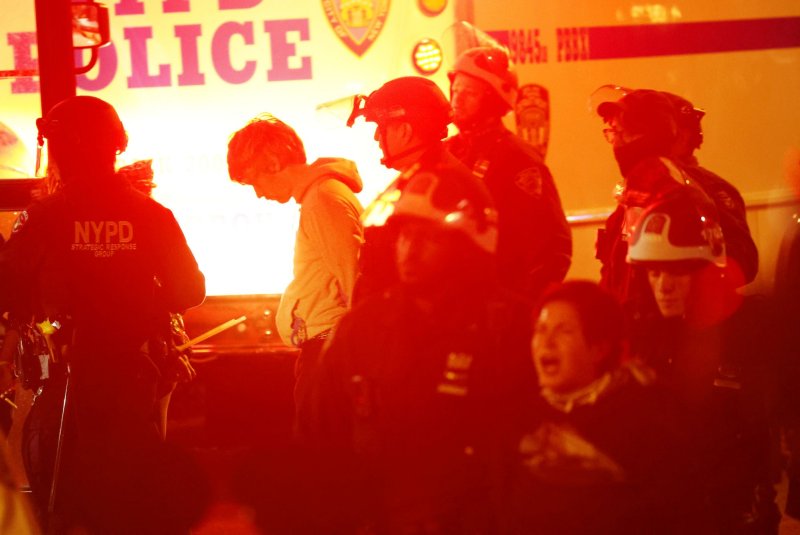Dec. 26 (UPI) — The potential for mass deportations and travel restrictions has spurred more than a dozen U.S. universities to tell international students to return to the United States before Jan. 20.
President-elect Donald Trump takes the oath of office on Jan. 20 and has threatened to immediately initiate mass deportations of migrants who illegally entered the United States over the past four years and international students who have engaged in sometimes violent protests.
“The immigration landscape is likely to change under the new presidential administration,” officials at Cornell University said in a notice to students. “This guidance is intended to inform and assist international students, faculty and staff at Cornell University.”
Cornell sent the notice to students and faculty from Iran, Kyrgyzstan, Libya, Myanmar, Nigeria, North Korea, Somalia, Sudan, Syria,Tanzania, Venezuela, Yemen and other nations.
Cornell officials chose to warn students and faculty from those nations because Trump targeted those nations with visa restrictions during his first term in office.
“New countries could be added to this list, particularly China and India,” Cornell officials told students and faculty.
Brown, Southern California, Pennsylvania, Massachusetts Institute of Technology and other universities, likewise, cautioned international students to return prior to Trump’s inauguration in January.
USC officials sent emails to its students with special visas and cautioning them to be in class when the new semester starts on Jan. 13, Axios reported.
“[It’s] especially important given that a new presidential administration will take office on Jan. 20, 2025, and … may issue one or more executive orders impacting travel to the U.S. and visa processing,” USC officials said.
“While there’s no certainty such orders will be issued, the safest way to avoid any challenges is to be physically present in the U.S. before the spring semester” is scheduled to start, the email said.
The University of Massachusetts-Amherst, likewise, cautioned students as well as staff and faculty who have immigration sponsorships from the university to “strongly consider returning to the United States” before Trump takes the oath of office.
U.S. colleges and universities have about 1.1 million international students registered for classes, according to NAFSA: Association of International Educators.
Trump imposed travel restrictions targeting mostly Muslin nations, including Iraq, Syria and Iran, during his first term in office, but Biden rescinded those travel restrictions in 2021.
Trump’s travel bans triggered more than 40,000 visa denials during his first term, which has officials at many universities concerned their international students, staff and faculty might be affected if Trump imposes similar restrictions after being sworn in.
